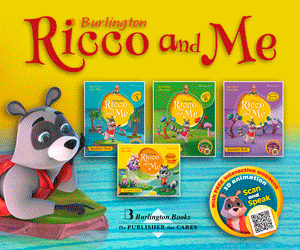Plan more outside science or art lessons. If the day is not too cold, read on the porch or in the swings. If he says helping cook the evening meal is his favorite thing to do, build math and science lessons around meal prep time. Ask your child what he would teach if he were the teacher. His answer will most likely involve something he would like to learn. Seize the opportunity to run with his lesson choice. Get the idea? School might not be fun all day long, but there are many ways to increase your child’s tolerance of learning.
Other possible problems might be that the material is simply too easy, thus your child gets bored quickly. Boredom usually leads to trouble. Challenging him might provide an easy solution. On the other hand, the learning material might be too hard, causing frustration. Adjustments in the curriculum can help ease the degree of difficulty the student is experiencing, thus you will see a much happier child. Some kids have learning challenges that create stress for the student and the learning coach, or parent. Choosing a curriculum better matched to the student’s learning style or styles can help tremendously.
Learning games are another route to reaching the reluctant learner. Most kids love playing games because it does not feel like regular schoolwork. Play a round of educational Jeopardy in history. Play card games and board games to learn math facts. Scrabble helps with spelling. School is NOT about sitting at a desk completing worksheets. Playing an educational game many times, will hold a child’s attention much longer. There is usually less stress or frustration for the child because they find the game fun. When a child is having fun while learning, they tend to retain the material much easier and for a longer period of time.
There are many great educational learning games free on the Internet. They cover most any subject and span almost all grade levels. You can find great games for learning to read, phonics, math of all types, parts of speech, vocabulary, foreign languages, SAT practice, art, music, history and geography subjects, spelling… You name it and most likely, you will find an educational game for it.
Gently introduce your non-school loving child to the world of fun educational learning games and see if that helps the situation. It is better to start out a little easier and build up to harder games. If your child begins with a harder level game and bombs, he is less likely to be willing to try another game. Do not let them give up too soon. If a game is too hard for them, encourage them to try a different game, possibly at a lower level. It may take playing a few different games at a few different sites before your child finds what he really enjoys.
By: Jackie Pen
.edarticle.com





